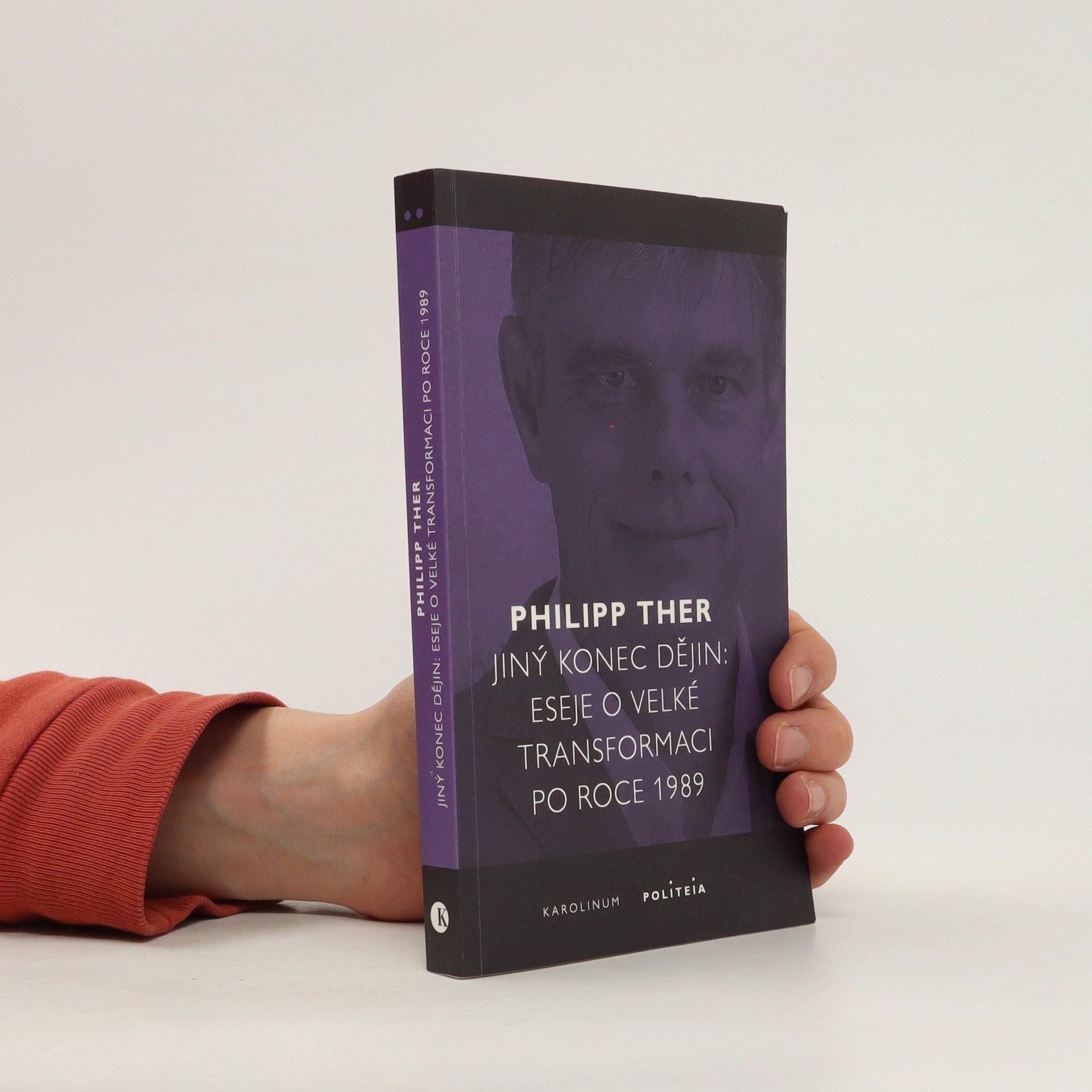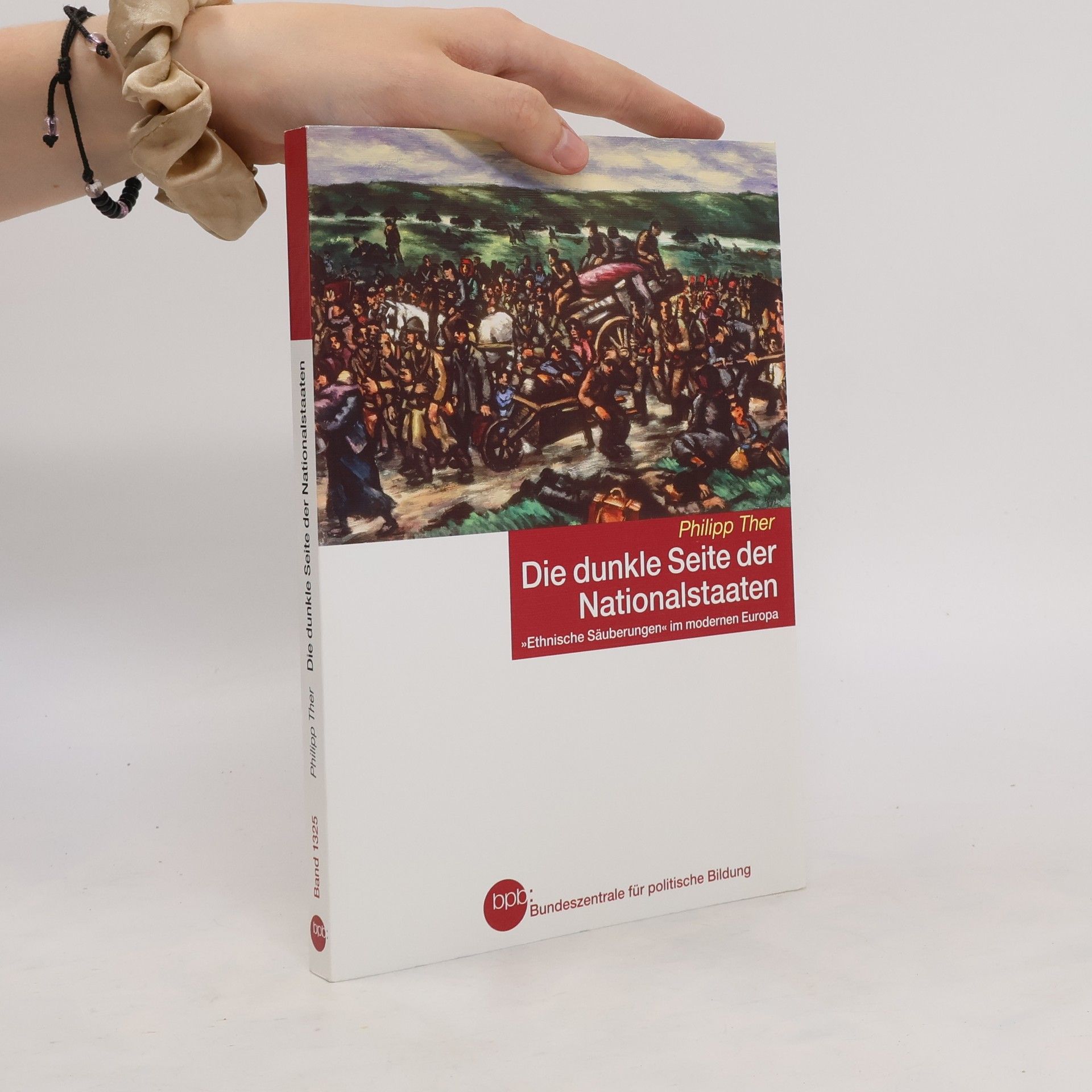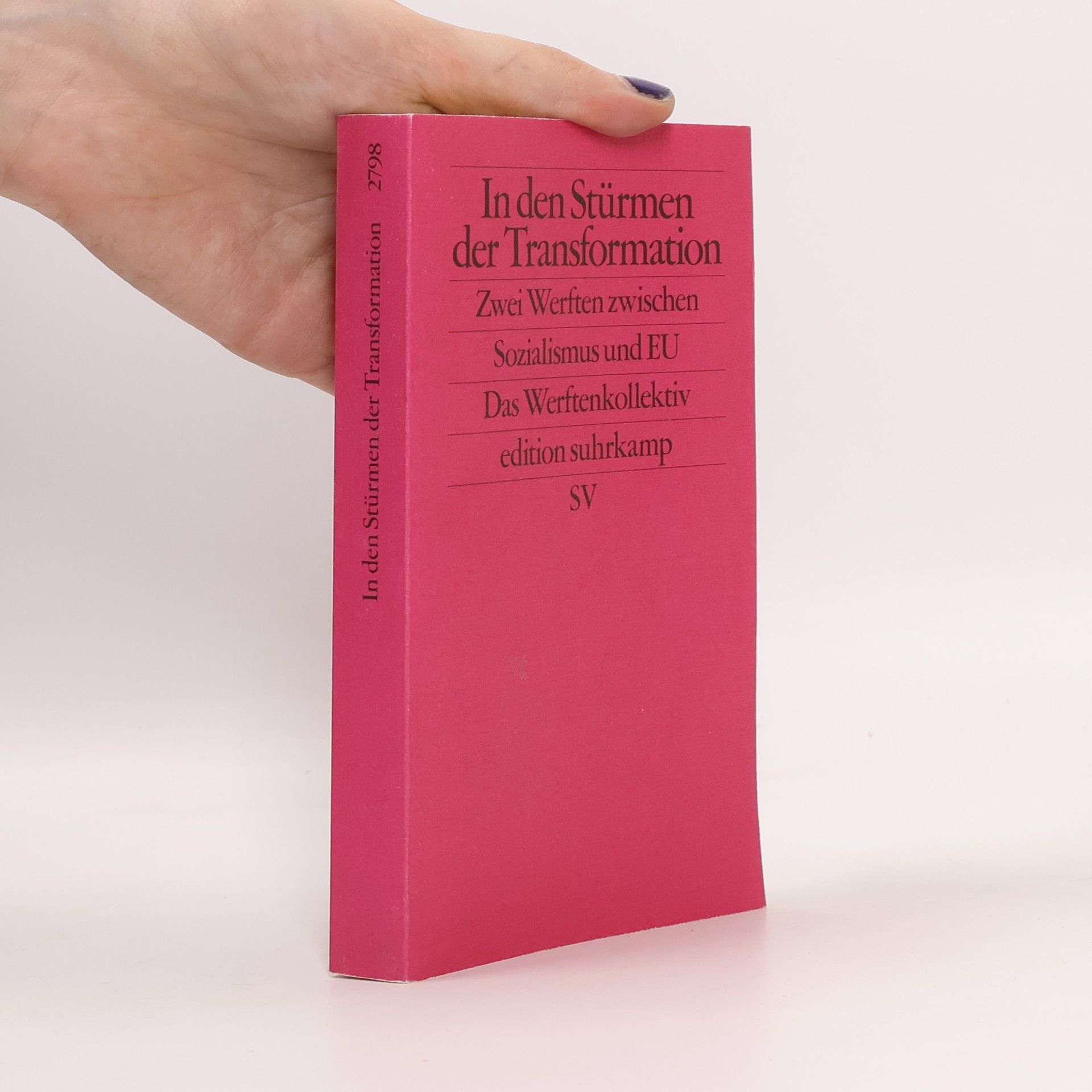Temná strana národních států: Etnické čistky v moderní Evropě
- 296 stránek
- 11 hodin čtení
V knize Temná strana národních států se autor věnuje etnickým čistkám a vyhnáním v Evropě ve 20. století. Stranou přitom ponechává problematiku holocaustu, která podle jeho názoru představuje zcela specifický a svébytný způsob rasově zdůvodňovaných čistek. Srovnávacím způsobem analyzuje vyhánění a etnické čistky před první světovou válkou, resp. těsně po ní, meziválečný status quo, v němž byla vedena napříč evropskými státy debata o ochraně národnostních menšin. Velkou kapitolu představují návrh na řešení národnostních otázek na konci druhé světové války, resp. vyhnání Němců z Polska a Československa. Stranou však neponechává ani vyhánění a transfery obyvatelstva v Sovětském svazu po celé období jeho existence. Své zkoumání problému pak dovádí až do konce 20. věku v souvislosti s válkami v bývalé Jugoslávii, přičemž nalézá velké paralely těmito etnickými čistkami a etnickými čistkami na Balkáně v první polovině minulého století.









